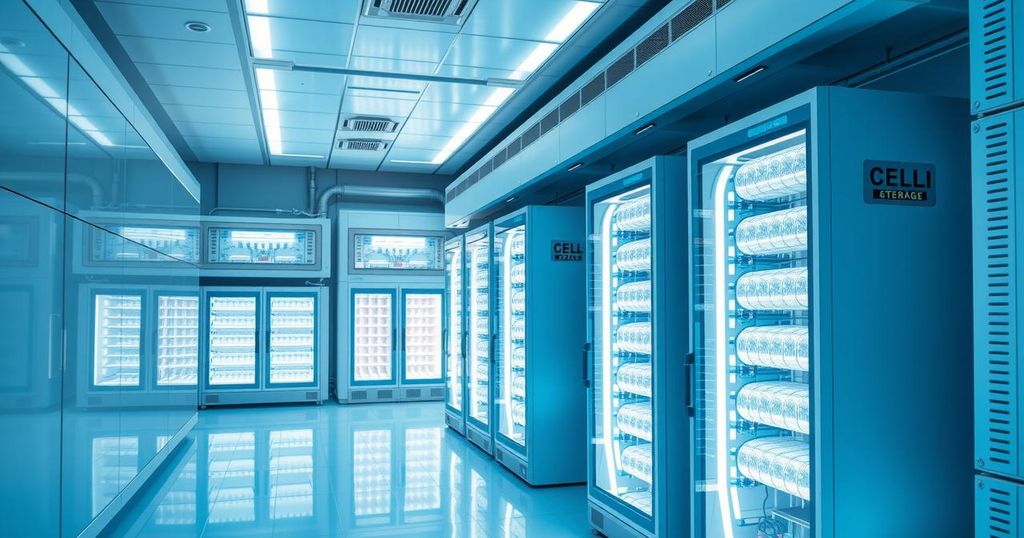Iran has introduced an advanced biotechnology system for preserving tissue and DNA samples through innovative cellular extraction and cryogenic storage methods, enhancing long-term viability for genetic studies and species conservation.
Iran has unveiled a groundbreaking biotechnology system dedicated to the preservation of tissue, cell, and DNA samples, as highlighted by Iran Press, a partner of TV BRICS. This innovative method developed by the research team significantly enhances the long-term viability of biological materials by extracting fibroblast cells from live tissues and preserving them under rigorously controlled conditions. This ensures the integrity of samples for future genetic research, selective breeding, and cloning initiatives.
The advanced biotechnological processes employed allow for the preservation of invaluable genetic resources, which may assist in the restoration of rare breeds and potentially revive extinct species. A critical aspect of this preservation technology is the cryogenic storage system, which maintains samples at ultra-low temperatures, typically around -196°C in liquid nitrogen. Such an approach effectively halts biological activity, thereby preventing genetic degradation and facilitating long-term storage with minimal loss of viability.
This innovative technology offers considerable benefits to genetic researchers, breeders, and livestock owners, enabling them to protect and preserve valuable genetic lines essential for future studies and agricultural advancements.
In conclusion, Iran’s introduction of advanced cell storage technology marks a significant progression in genetic preservation. The use of innovative biotechnological methods and cryogenic storage is poised to enhance the viability of biological samples, offering substantial advantages for the future of genetic research and conservation efforts. This advancement holds promise for restoring rare genetic lines and potentially reviving extinct species.
Original Source: tvbrics.com




